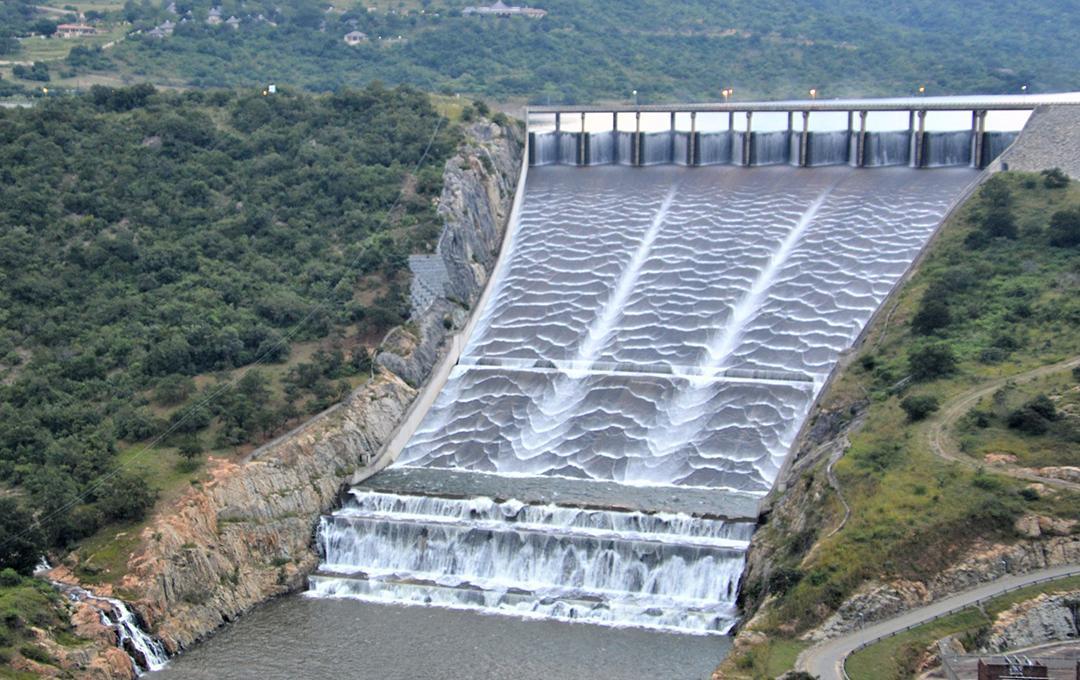Africa-Press – Eswatini. The Ministry of Natural Resources and Energy has raised concerns about significant decreases in the water levels of Eswatini’s major dams, which are essential for both potable water supply and electricity generation.
Communication Officer Sikelela Khoza shared the latest figures, highlighting the urgency of conserving water amid the current dry conditions.
Hawane Dam, a key source of drinking water, has dropped to 28.75% of its total capacity, while Luphohlo Dam, critical for hydropower generation, now stands at 55%.
The decline in these two dams has raised concerns about water security and energy supply in the coming months.
Additionally, the Maguga and Mnjoli dams which are primarily used for irrigation have experienced minor decreases in their levels.
Though not as steep as those at Hawane and Luphohlo, the declines could impact agricultural activities if the trend continues.
Khoza attributed the falling water levels to the combination of the winter season, recent hot weather, and a lack of substantial rainfall.
Luphohlo Dam
“However, the Ministry remains hopeful that the water levels will improve as the rainy season approaches,” he said.
The Ministry has further issued a strong appeal to all residents and industries to use water sparingly during this period.
“We urge all water users to conserve water and be mindful of their consumption, especially in light of the current situation,” Khoza emphasized.
Officials also assured the public that the Ministry is actively monitoring the situation to ensure sustainable water management.
“We are closely monitoring the water situation and working to maintain and manage the country’s water resources effectively,” Khoza said, as he underlined the Ministry’s commitment to addressing the challenges. With the rainy season expected in the coming months, the Ministry hopes that increased rainfall will help restore the dams to healthier levels. However, until then, conservation efforts were said to remain crucial to avoid potential water shortages and disruptions in electricity supply.
For More News And Analysis About Eswatini Follow Africa-Press







